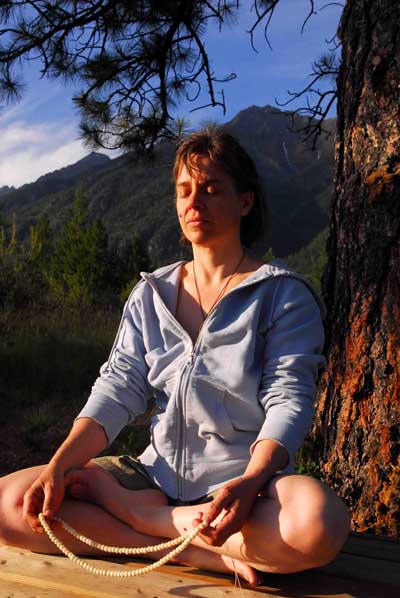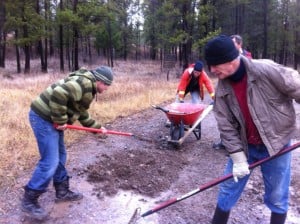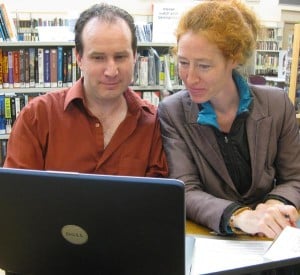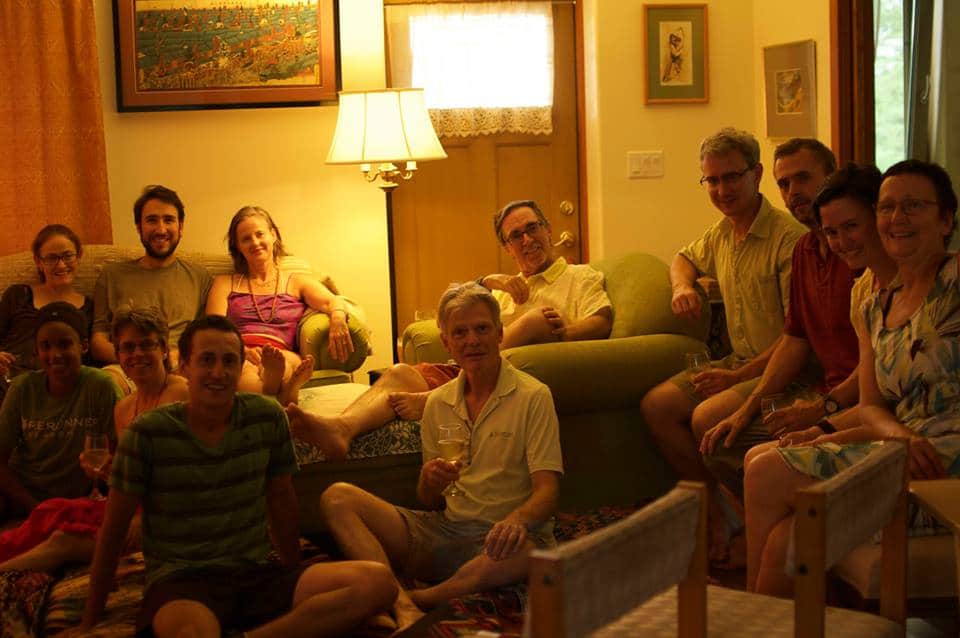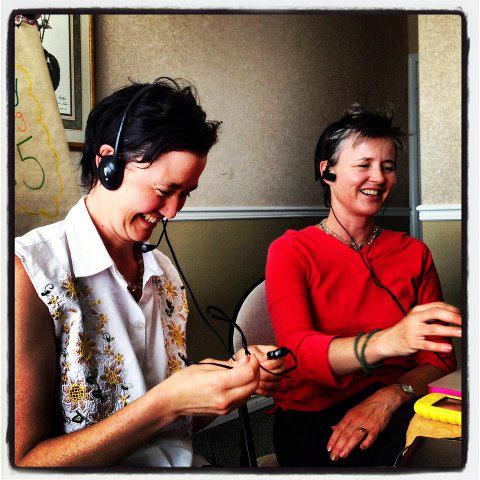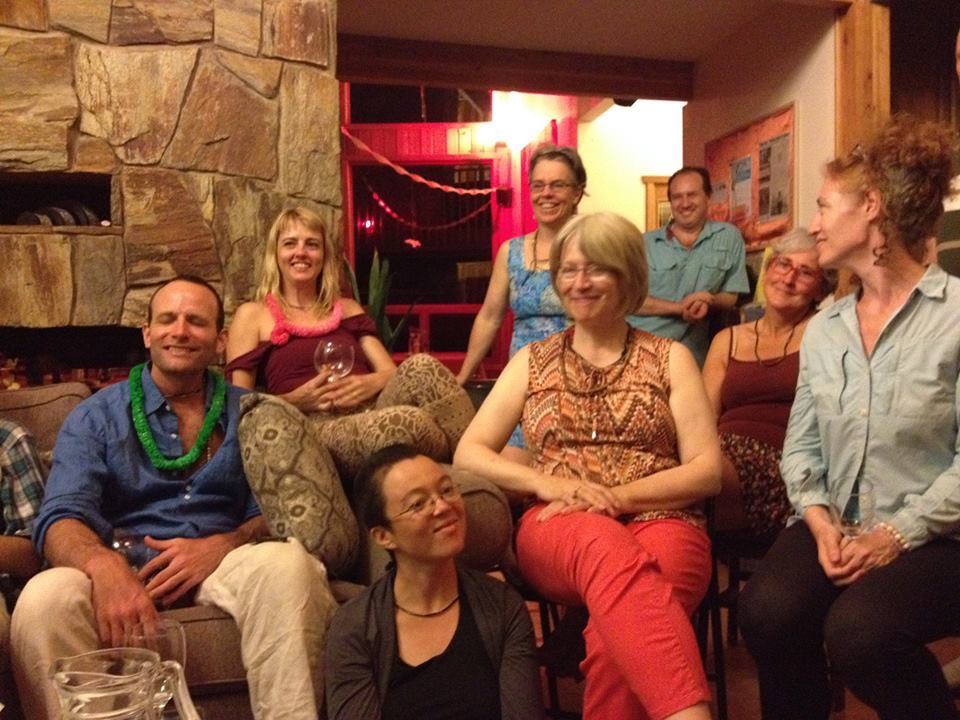Isn’t meditation supposed to make it all work?
We’ve all been there. We’ve worked to establish a regular meditation practice to gain deeper insights, cultivate bliss, and clear our minds and hearts from distractions. It’s a wonderful thing. Our day goes more smoothly. We get along better with our loved ones and colleagues. Our concentration is good and our livelihood progresses quite naturally. And sometimes there’s trouble in paradise. Maybe you love your work and colleagues, except that it’s a high-stress culture and everyone around you is stressed out. Or your partner is wonderful … except when she’s not. Perhaps your sangha (spiritual community) doesn’t seem to get along, or you have no sangha where you live. Or getting from your meditation cushion to your job to your family meal to your sangha gathering is making your head spin. It can all be rather messy … and exasperating. Isn’t meditation supposed to make it all work? Not really.
The Six Paths or Spiritual Disciplines
Remember, meditation is just one of six yogic paths or spiritual disciplines. The five others are: devotion, scholarship, physical practices (hatha), service, and a combination of all of these. A true spiritual path may be likened to a job: for example, historically, someone on the meditative path would meditate for most of the day. A daily meditation practice is a beautiful way to maintain a clear and radiant state, one that’s been grounded and deepened by longer retreats. Stacked against many hours of living and working amidst the samsaric illusion of our daily lives, an hour a day will certainly help us to not get too caught up in the illusions. And an hour a day is unlikely to help us make significant spiritual breakthroughs. Plus, even an hour of meditation a day isn’t always possible. So what then?
Work as Service
We argue that for most Westerners, the path of service or karma yoga is our natural calling. Generally our contemporary culture promotes activity and engagement with the world. Doing this consciously and compassionately, with a heart of loving kindness and a discerning mind, comprises a spiritual path that we can practice all day every day, leading to our ongoing unfoldment. In our particular spiritual tradition, the keys to success for karma yoga revolve around staying aware in the present moment, and cultivating the bodhisattva vow: dedicating all of our efforts for the benefit of all beings.
Doing this throughout the day at our workplaces transforms our jobs into callings. And this kind of “active” practice travels with us and to unlimited contexts. As global challenges like climate change, topsoil loss, pollinator population collapse and human overpopulation loom increasingly large, the bodhisattva vow becomes more and more relevant. What small part can I play in helping the climate change situation? Are my choices good for the soil? Would this action be good for people living in developing countries? What can I do to benefit pollinators? As we become more conscious, so does the marketplace, offering us options like farm-to-table and organic food, carbon offsets and fair trade products and practices. More and more of us living with this kind of awareness have the power to change our collective future, to one that includes the sustainable benefit of more beings.
How can I maintain a solid practice when people around me don’t?
Walking the path of service when surrounded by people who don’t happen to be practicing represents a different challenge. Particularly in the West, few of us modern practitioners live in monastic settings, where we can be supported by other practitioners. For that matter, few of us live or work in communities of like-minded people, united by common values, other than perhaps socio-economic conditions. Maintaining a practice when surrounded by people who may not is like swimming upstream, as the old metaphor goes.
The Triple Gem
This is why we encourage consistent and regular contact with what is known in Buddhism as the ‘Triple Gem’: 1) spiritual teachers, 2) ongoing teachings, and 3) support from other practitioners. Together with our own dedication and aspiration for awakening, these are the three primary elements that help us continue to walk the spiritual path, particularly when the path gets challenging or when circumstances arise that make us feel we may lose our way.
When consciously and skillfully undertaken, these connections can serve to breathe new life into our aspiration to awaken for the benefit of all beings, and to remind us of the value and benefits of our ongoing dāna practice.
Digital Tools to Connect & Strengthen our Practice
While there’s no substitute for connecting with people in person, we enjoy very good fortune to live in the era of high-speed internet. We can relocate to a new city or country and still maintain these supportive relationships, these lifelines for our ongoing practice. We may not be able to physically get to a retreat center more than once or twice a year, but we can connect regularly with people at retreat centers or who live in a spiritual community, to get an infusion of that rarified atmosphere of ongoing intensive practice.
Pooling our spiritual wisdom in community
On a more practical level, really using the Triple Gem (Teachers, the teachings & the community of practitioners) allows us connect with like-minded individuals, people with similar or different or more experience than we have. When questions about our practice naturally arise in the course of daily life, we can ask for feedback or guidance or pooling of spiritual wisdom. It can be challenging sometimes to know what the most compassionate course of action may be, or what to do when what we meant as an act of kindness inexplicably goes awry.
Used skillfully, being able to open-source such challenges with kindred spirits in a supportive environment – even when separated by great physical distances – can be one of the boons of our virtual age. Amongst the struggles of daily life, when meditation just isn’t enough, keeping an engaged connection with our teachers and the community, whether in person or virtually helps bolster our “muscles” of loving kindness, compassion and wisdom. By honing and keeping these dharmic qualities robust, we can more easily and flexibly draw on and share them throughout our daily lives. We truly embody beacons of enlightenment, shedding light upon the shadows cast by ignorance.


